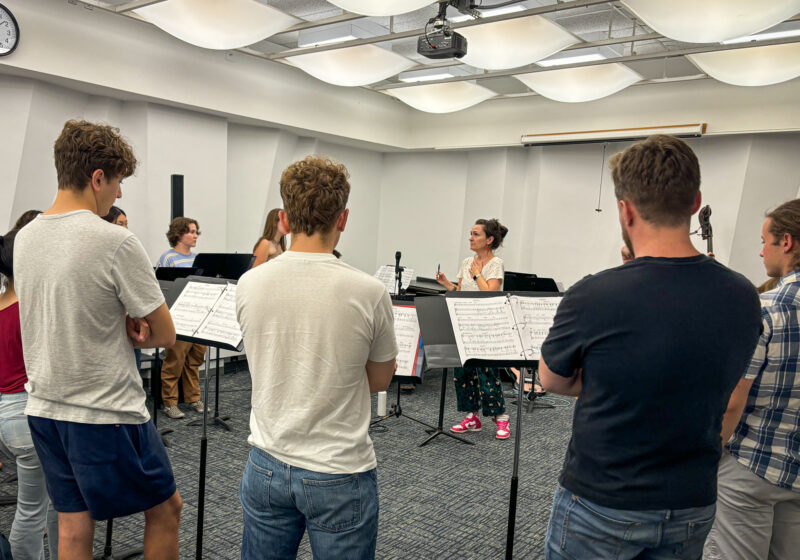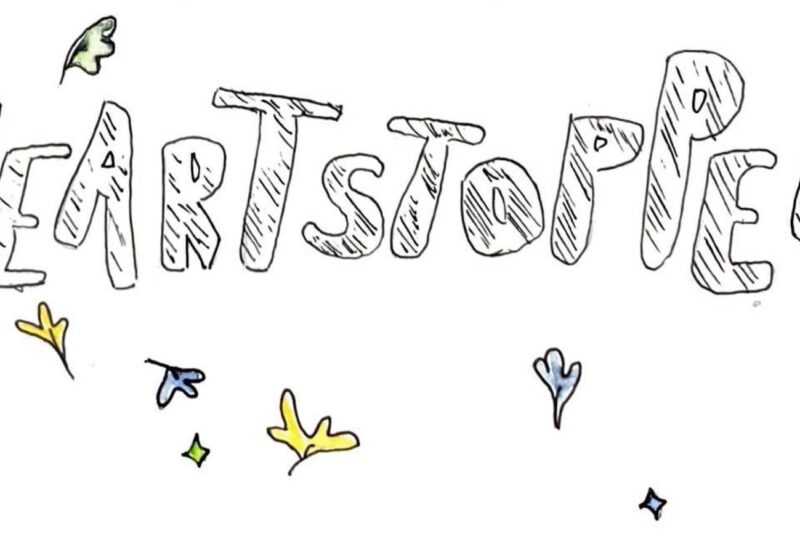It started with a red equal sign, a single image on my cluttered Facebook news feed. Followed by another. And another. They seemed to be popping up everywhere on social media.
Almost immediately following Tuesday’s viral wave of red came a second overwhelming onslaught of parody images. Two strips of bacon replaced the two bars of the math symbol. Bert and Ernie, of Sesame Street were added in another. Even Queen B made her mark, posting a picture of the sign accompanied by the simple text, ‘If you like it, you should be able to put a ring on it’ and then it clicked. A quick Google search yielded results matching my expectation — the simple equal sign was the logo of the Human Rights Campaign, colored red for ‘love and passion.’
But wait a minute… weren’t these people sporting the red equality sign today the same people who had set their profile pictures to a patriotic “KONY 2012” poster just a few months ago? Did they not tint their images green to ‘show support’ for the Arab Spring and add a pink ribbon to the bottom corner for Breast Cancer awareness? Do they even grasp the complexities of these issues? In my experience, they do not, and one Facebook user recently claimed that he “just did it because everyone else was doing it.”
Like this user, many of the people who jump on these bandwagons make it their mission to defend issues they often know little about. These ‘social justice warriors’ care less about the issue than about their appearance and need to fit in and follow social trends, often in a rude and condescending manner. During the KONY 2012 revolution, people of all ages paid homage to the kids lost to Joseph Kony’s Lord Resistance Army using a stylized election poster titled “KONY 2012”, and vowed to catch Joseph Kony by the end of the year. Many of these same people were unable to label Uganda on a map.
It’s unfair to generalize every person who has jumped on any sort of social media to show their support for a pressing social issue as a flaky groupie. Being informed on contemporary issues is not mutually exclusive to being vocal on social media. While movements such as “Change your profile picture to _____ to show your support for _______” spark a conversation, they don’t create change.
I’m speaking less about the issues than I am about the ideas surrounding the issues. I support gay marriage 100 percent. I support transgender marriage and bisexual marriage and lesbian marriage. I support cancer awareness and non-violence and animal rights and laws preventing child trafficking.
However, it’s important to realize that a couple clicks of your computer mouse will not revolutionize the world. Malcolm Gladwell, journalist and author of the critically acclaimed “The Tipping Point,” “Blink,” and “Outliers” reflects on this idea, “The role of social media in protests and revolutions is grossly overstated.” he states. Though he agrees that social media makes it easier for activists to express themselves, he also states that social media makes it “harder for that expression to have any impact.” Though social networks are effective at increasing participation, they do so “by lessening the level of motivation that participation requires.”
If you really support gay, lesbian, bisexual, and transgender marriage like the Human Rights Campaign advocates, consider taking action, or at least becoming more aware. Follow the United States vs. Winsor trial, and keep up with the news. If you’re feeling bold, call your state representative, call your Senator, write for the local paper, but please, please, please, whatever you do, leave your Facebook profile out of it.
Arre is a member of the class of 2015.




